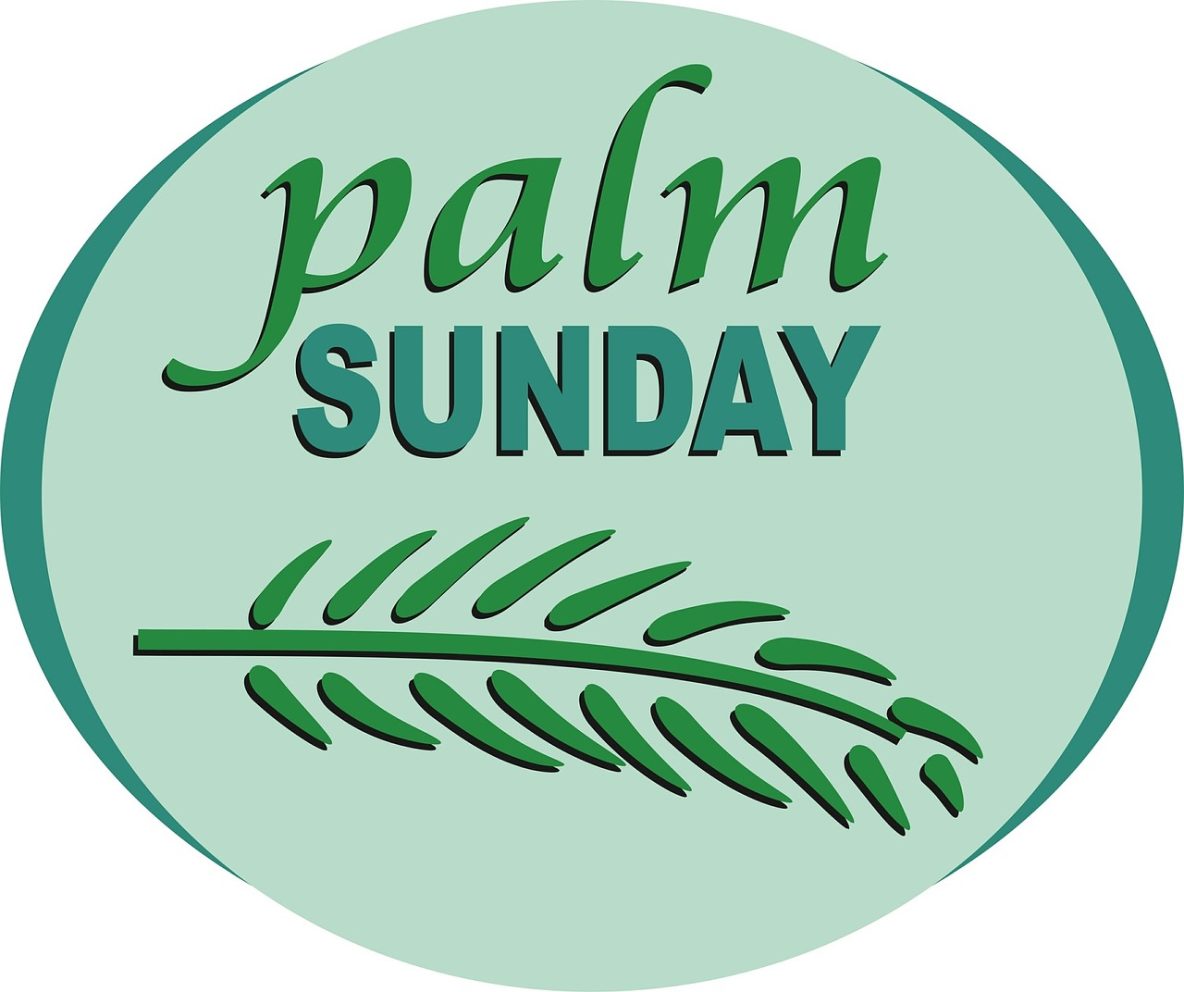
Mother’s Day is more than just a holiday; it’s a heartfelt celebration of the love, sacrifice, and unwavering dedication that mothers show to their children every day. While this special day often includes gifts, flowers, and breakfast in bed, its true essence goes beyond the tangible. It’s an opportunity to reflect on the immeasurable impact that mothers have on our lives, and to honor their strength, wisdom, and nurturing spirit. In this blog, we will explore the history of Mother’s Day, the significance of the day, and why it’s important to celebrate the incredible women who fill the roles of mothers in our lives.
The Origins of Mother’s Day
The origins of Mother’s Day trace back to ancient times when various cultures held festivals dedicated to honoring mother figures and deities. However, the version of Mother’s Day that we know today primarily stems from the United States in the early 20th century.
One of the key figures in the creation of Mother’s Day in the U.S. was Anna Jarvis, who is often credited with founding the holiday. Anna’s mother, Ann Reeves Jarvis, was a social activist who cared for wounded soldiers during the American Civil War and promoted peace and reconciliation between North and South. After Ann’s death, Anna Jarvis campaigned for a national day to honor mothers, believing that the role of mothers in society deserved recognition. Her hard work paid off when in 1914, President Woodrow Wilson officially proclaimed the second Sunday in May as Mother’s Day, a day to recognize the sacrifices and contributions of mothers.
Although the holiday’s roots are American, Mother’s Day has become an international celebration observed in many countries around the world, albeit on different dates. In the U.K., Mothering Sunday (which is distinct from the American holiday) has been celebrated for centuries as a day for people to return to their “mother church” and spend time with their families. The modern-day Mother’s Day continues to be a blend of cultural traditions, personal reflections, and expressions of love.

The Significance of Mother’s Day
At its core, Mother’s Day is about gratitude and acknowledgment. It’s an opportunity to step back and express appreciation for all that mothers do. The love and care mothers provide are often unsung, and it’s easy to take for granted the countless acts of selflessness they perform every day. Whether it’s the middle-of-the-night feedings, the comforting words after a bad day, or the never-ending patience, mothers give so much of themselves to ensure their children’s happiness and well-being.
But Mother’s Day isn’t just about biological mothers; it’s also a celebration of all mother figures, including stepmothers, grandmothers, aunts, and even close family friends who play a maternal role. These women may not be bound by blood, but their nurturing love and care make them equally deserving of recognition. A mother’s love is universal, and so is the spirit of this special day.
The Heart of Mother’s Day: Celebrating the Unseen
One of the most powerful aspects of Mother’s Day is its ability to shine a light on the often-unnoticed efforts that mothers make. The role of a mother extends far beyond providing basic needs like food and shelter. Mothers are the emotional anchors of a family. They are often the ones who provide comfort, instill values, and offer guidance during life’s most challenging moments.
Beyond the love they give, mothers also play an essential role in shaping the futures of their children. Studies have shown that maternal involvement is crucial for a child’s cognitive, social, and emotional development. A mother’s influence is profound, affecting not just her children’s immediate well-being but also their long-term success and happiness. By helping to foster empathy, kindness, and resilience, mothers create a foundation that children can rely on as they grow.
The Evolution of Motherhood in Today’s World
Motherhood has evolved dramatically over the years. The traditional role of a mother as a homemaker has transformed into one of multifaceted responsibility, with many mothers balancing careers, household duties, and family life. Today’s mothers often juggle professional and personal lives while still providing the same level of care and nurturing.
This shift has brought about new challenges and opportunities. The pressures of modern life—such as long working hours, social media expectations, and economic difficulties—can add stress to a mother’s already demanding role. However, it has also led to a broader definition of what it means to be a mother. Modern mothers are empowered and supported by more resources, from shared parental leave policies to online communities that offer advice and solidarity.
One of the most empowering aspects of contemporary motherhood is the growing recognition that there’s no “one right way” to be a mother. Society has gradually accepted diverse paths to motherhood, whether through adoption, surrogacy, or choosing not to have children at all. The modern-day celebration of Mother’s Day embraces these different experiences, acknowledging that every mother’s journey is unique and valuable.
How to Make Mother’s Day Meaningful
While flowers, chocolates, and gifts are lovely, the most meaningful way to celebrate Mother’s Day is through thoughtfulness. This can take the form of a heartfelt note, a family gathering, or simply spending quality time together. It’s a time to reflect on the importance of the bond between a mother and her child, and to express gratitude for the sacrifices and love that mothers give every day.
If you are a mother, use the day as a reminder to take a moment for yourself. Self-care is vital, and Mother’s Day offers the perfect opportunity to practice it. Whether it’s enjoying a quiet cup of coffee, taking a relaxing bath, or catching up on a favorite hobby, remember that your well-being is just as important as the care you provide to others.
If you’re honoring your own mother, don’t just focus on the material gifts. Share memories, tell her how much she means to you, and reflect on the positive impact she’s had on your life. Sometimes, the most meaningful gifts are those that come from the heart.
In Conclusion: A Day to Honor the Unsung Heroes
Mother’s Day is a powerful reminder to celebrate the women who love us unconditionally, guide us through life’s challenges, and help shape the people we become. While the holiday may seem like a simple tradition, it carries with it deep significance—a tribute to the unsung heroes who are often the heartbeat of the family.
So, this Mother’s Day, take a moment to reflect, appreciate, and express gratitude to the mothers in your life, whether they are biological mothers, stepmothers, grandmothers, or any other maternal figures who have impacted you. Their love and sacrifices deserve to be recognized every day, but on this special day, let’s give them the love and honor they truly deserve.




